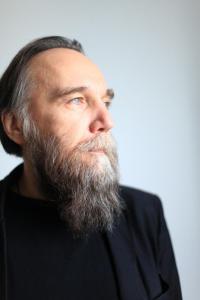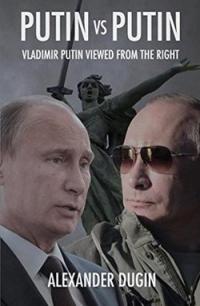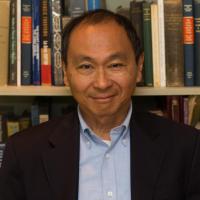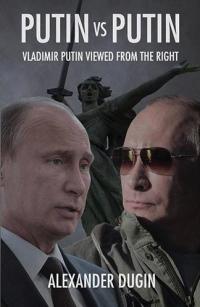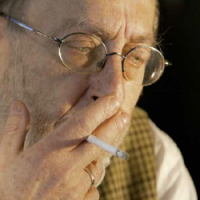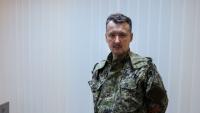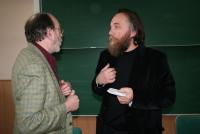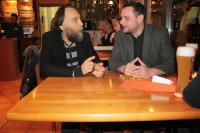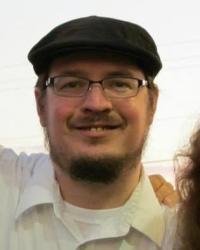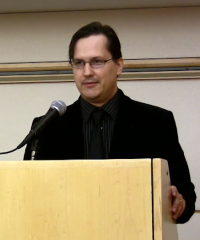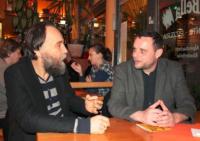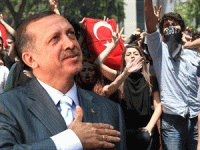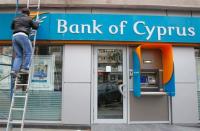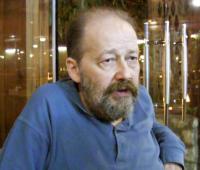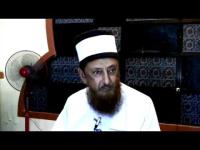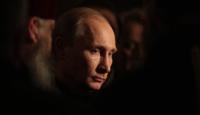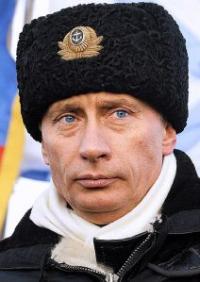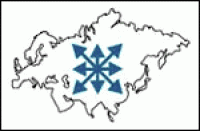What is wrong with Europe?
Geopolitically Europe is today atlanticist entity. The geopolitics imagined by Englishman Sir H. Mackinder declares that there are two type of civilizations – the civilization of the Sea (Seapower) and the civilization of the Land (Landpower). They are constructed on the opposite systems of values. Seapower is purely merchant, modernist and materialist. The Landpower is traditionalists, spiritual and heroic. That dualism corresponds to the pair of Werner Sombart concept – Händlres and Helden. Modern European society is fully integrated in the civilization of Sea. That is manifested in the North-American strategic hegemony and in the NATO.This situation prevents Europe from becoming independent geopolitical entity. More profoundly it perverts the geopolitical nature of Europe as continental entity – Landpower. So there is a need to change the situation and to restore the Landpower strategy based on the real European sovereignty. Instead of atlanticism Europe need to become continental strategic power.

